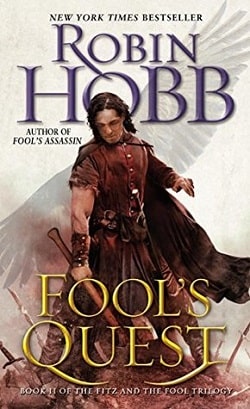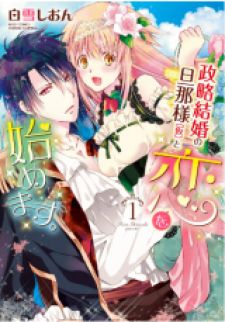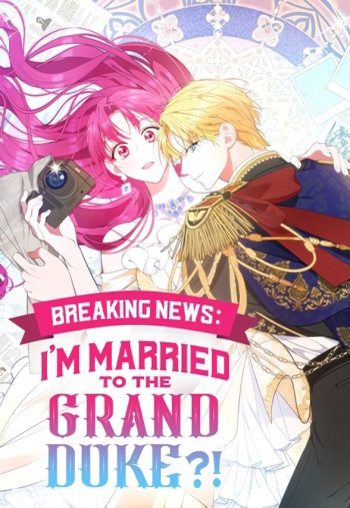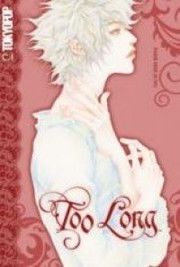In Fool's Quest, the second installment of Robin Hobb's Fitz and the Fool Trilogy, readers are once again plunged into the rich, intricate world of the Farseers, where the stakes are higher and the emotional turmoil deeper than ever. Following the events of Fool's Assassin, Hobb masterfully continues the saga of FitzChivalry Farseer, a character who has become emblematic of the struggles between duty, love, and the haunting shadows of the past.
The narrative picks up with Fitz reeling from the near-fatal confrontation with his oldest friend, the Fool, and the harrowing realization that his daughter has been abducted. This duality of personal loss and the quest for redemption drives Fitz into a dark, vengeful path, showcasing Hobb's ability to weave complex emotional threads into her storytelling. The author’s exploration of grief, guilt, and the lengths one will go to protect loved ones resonates deeply, making Fitz's journey not just a physical quest but an emotional odyssey.
One of the most compelling aspects of Fool's Quest is its exploration of identity and transformation. Fitz, once a skilled assassin, has spent years in relative peace, but the return of violence and chaos forces him to confront the man he has become versus the man he once was. Hobb delves into the psychological ramifications of this transformation, illustrating how trauma and loss can reshape one’s identity. The narrative is rich with introspection, as Fitz grapples with his past actions and their consequences, making him a profoundly relatable character.
The relationship between Fitz and the Fool is central to the story, and Hobb expertly navigates the complexities of their bond. The Fool, enigmatic and often frustrating, serves as both a mirror and a foil to Fitz. Their interactions are laden with tension, humor, and a deep-seated affection that transcends mere friendship. Hobb’s portrayal of their relationship is nuanced, highlighting themes of loyalty, betrayal, and the struggle for understanding in a world rife with deception. As Fitz embarks on his quest for vengeance, the reader is left to ponder the cost of such a journey on their relationship and on Fitz’s soul.
Hobb's world-building continues to be one of her greatest strengths. The Six Duchies are vividly rendered, with a sense of history and depth that immerses the reader in the political and social intricacies of the realm. The author’s attention to detail is meticulous, from the descriptions of the landscapes to the intricacies of court politics. This immersive quality is further enhanced by the introduction of new characters and factions that add layers of complexity to the narrative. Hobb skillfully balances the personal with the political, creating a tapestry that feels both expansive and intimate.
The pacing of Fool's Quest is deliberate, allowing for moments of reflection amidst the action. While some readers may find the slower pace challenging, it serves to deepen the emotional impact of the story. Hobb’s prose is lyrical and evocative, drawing readers into the emotional landscape of her characters. The tension builds gradually, leading to a climax that is both satisfying and heart-wrenching, leaving readers eager for the next installment.
Another significant theme in this book is the concept of redemption. Fitz’s journey is not just about reclaiming his daughter but also about seeking forgiveness for his past mistakes. Hobb poses challenging questions about the nature of redemption: Can one truly atone for their sins? Is vengeance a path to healing, or does it only perpetuate the cycle of violence? These questions linger long after the final page is turned, prompting readers to reflect on their own beliefs about justice and forgiveness.
In comparison to other works in the fantasy genre, Hobb’s storytelling stands out for its emotional depth and character-driven narratives. Authors like Patrick Rothfuss and Brandon Sanderson often focus on grand world-building and intricate magic systems, while Hobb’s strength lies in her ability to create deeply flawed, relatable characters whose journeys resonate on a personal level. The emotional stakes in Fool's Quest are palpable, making it a poignant exploration of the human condition wrapped in a fantasy setting.
Overall, Fool's Quest is a testament to Robin Hobb’s prowess as a storyteller. It is a book that challenges its characters and its readers, inviting them to explore the darker aspects of love, loyalty, and the quest for redemption. Hobb’s ability to blend intricate plotting with profound emotional insights makes this installment a compelling read that will linger in the minds of its audience long after the last page is turned. For those who have followed Fitz and the Fool’s journey, this book is a must-read, and for newcomers, it serves as a powerful introduction to Hobb’s richly woven narrative tapestry.
In conclusion, Fool's Quest is not just a continuation of a beloved series; it is a profound exploration of the human experience, wrapped in the guise of fantasy. Hobb’s characters are not merely vessels for plot; they are fully realized individuals whose struggles reflect our own. This book is a reminder that even in the darkest of times, the quest for love and understanding remains a powerful force.
























Reviews 0
Post a Reviews: